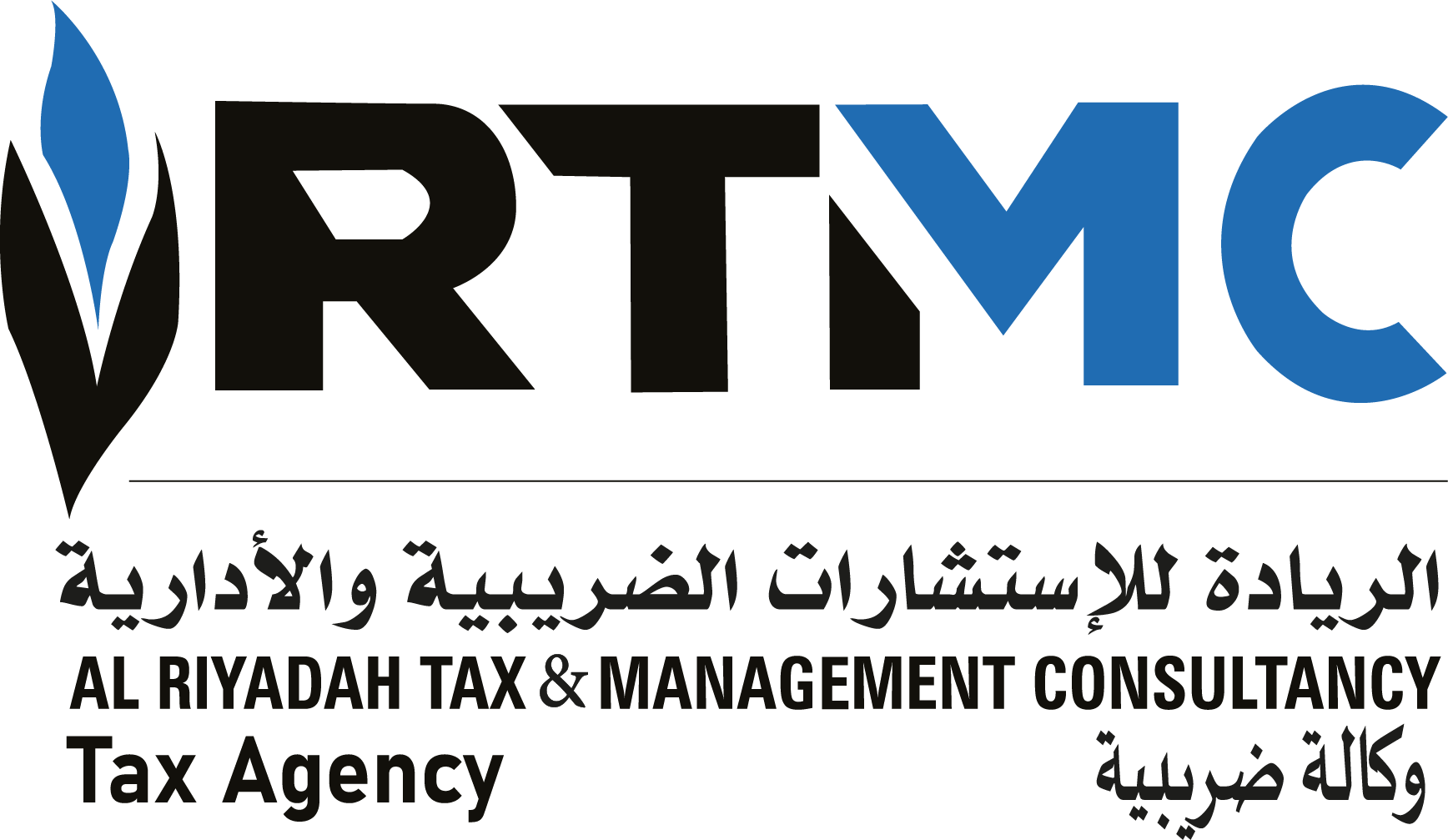

Introduction to Audit and Review Services
Audit and review services are considered an essential part of the financial structure of institutions, playing a pivotal role in enhancing transparency and credibility in financial operations. This field includes the auditing of financial statements, which aims to ensure the accuracy of the financial information presented by various entities. Through external audits, an impartial assessment of the accuracy of this information and its compliance with generally accepted accounting standards is provided.
Audit and review services also include internal auditing, which aims to enhance performance efficiency and improve processes. Internal auditors evaluate financial control management systems, identify strengths and weaknesses in those systems, allowing top management to make informed and effective decisions. Through these processes, higher levels of clarity regarding risks and legal compliance are achieved, enhancing trust among stakeholders.
Moreover, audit service providers contribute to building trust among investors, management, and shareholders by providing independent assurance on the accuracy of financial statements. This assurance helps build a strong reputation for companies and enhances their ability to attract new investments. In a transparent context, it becomes easier for stakeholders to understand the true financial position of the institution, facilitating informed strategic decision-making.
In summary, audit and review services are fundamental elements in promoting transparency and credibility in the financial world. Because effective management relies on accurate and reliable data, financial statement audits and internal audit applications represent key tools to ensure ongoing success and sustainability in any institution.
External Audit: Definition and Objectives
External auditing is an independent evaluation process whereby the financial statements of a company or organization are reviewed and assessed by an accredited external entity. The purpose of this process is to ensure the accuracy and objectivity of financial data, thereby enhancing trust in the information provided to investors and the public interest. External audits are conducted in accordance with specific accounting standards, ensuring that financial information reflects the true financial performance of the organization.
The objectives of external auditing encompass several essential elements. First, this type of audit aims to assess the financial health of the organization by analyzing its financial data and extracting signals that may indicate potential risks. Second, external audits enhance transparency, allowing investors and shareholders to have greater confidence in their decisions. This role is particularly important in promoting good business practices and achieving financial security.
External auditing is performed by a range of specialized entities, typically including public accounting firms and independent auditors. These auditors possess the knowledge and experience necessary to conduct comprehensive audits, applying appropriate skills and techniques to determine the integrity of financial data. Each organization must identify the suitable external entity based on its needs, reflecting the importance of selecting the right partner to achieve necessary financial goals.
Through external auditing, a range of benefits is achieved, including improved financial control management and accurate performance assessment. Therefore, external auditing is a fundamental component of audit and review services that contribute to supporting the growth and sustainability of organizations.
Importance of External Auditing in Companies
External auditing is one of the vital aspects of corporate management, playing a central role in enhancing trust between investors and other stakeholders. When financial statements are audited by an independent external entity, it ensures that the presented financial information is accurate and comprehensive. This thorough examination helps build investor confidence and assists them in making informed investment decisions.
Additionally, external auditing reveals financial weaknesses that may be unclear to internal management. Through audit and review services, auditors can identify risks related to financial and procedural strategies that may affect the sustainability and innovation of the company. As part of the audit process, the financial control management system is evaluated, allowing companies to improve their financial systems and reduce errors.
The benefits of external auditing go beyond merely identifying weaknesses; it also contributes to enhancing overall business performance. By providing recommendations based on specific analyses, auditors can assist management in developing strategies aimed at increasing efficiency and reducing costs. Furthermore, external auditing provides practical examples highlighting how companies utilize these services to redesign their processes and achieve sustainable positive outcomes. Thus, the importance of external auditing in enhancing the quality of financial information and the health of the financial system cannot be overstated.
Internal Auditing: Definition and Functions
Internal auditing is a systematic evaluation and inspection process conducted within the institution to provide an objective and reliable assessment of the level of efficiency, effectiveness, and compliance with applicable laws, regulations, and policies. Internal auditing differs from external auditing, as the former is performed by specialized internal staff within the organization, while the latter is conducted by an independent third party, thus enhancing transparency and trust among stakeholders.
Audit and review services, including internal auditing, are a fundamental part of financial control management. The role of internal auditors lies in promoting high-quality operations and monitoring any risks or weaknesses that may negatively impact the organization’s performance. Internal auditors analyze existing procedures and policies and the results of financial operations to prepare recommendations that contribute to performance improvement and cost reduction.
Some key functions of internal auditors include assessing information technology and ensuring that appropriate controls are in place for managing data and information. Auditors are also responsible for providing detailed reports to top management on the overall state of internal control, helping to identify areas needing improvement. Based on the findings, informed decisions can be made regarding restructuring processes and increasing efficiency.
Moreover, internal auditing contributes to fostering a culture of compliance within the organization by engaging employees in effective auditing practices. Thus, the results of internal auditing align with the strategic goals of the organization, enhancing its ability to achieve its objectives efficiently and effectively.
Importance of Internal Auditing in Financial Control Management
Internal auditing is one of the essential tools in financial control management, significantly contributing to enhancing operational efficiency and reducing potential risks that institutions may face. Internal auditing provides an objective and independent assessment of the institution’s operations, helping to identify weaknesses and various opportunities for improvement. The role of internal auditing involves monitoring all financial and administrative activities, focusing on verifying compliance with approved policies and procedures.
Through financial statement auditing, internal auditors can identify risks associated with financial reporting. They analyze internal processes, enabling them to uncover any discrepancies or errors that may affect the accuracy of financial information. Thanks to this thorough examination, confidence in the financial reports presented to stakeholders, including shareholders and investors, can be enhanced.
Additionally, internal auditing assists organizations in effectively managing financial control by improving systems and procedures. Established internal audit procedures ensure ongoing verification of financial security and the integration of best practices. Studies indicate that implementing audit and review services contributes to reducing unnecessary financial commissions and enhancing the overall performance of the institution.
In light of the above, internal auditing is one of the vital elements that contribute to mapping out clear risk landscapes, allowing management to make informed decisions that support growth strategies and improve financial performance in the long term.
Financial Statement Auditing: Steps and Importance
Auditing financial statements is an essential part of audit and review services aimed at promoting integrity and transparency in financial transactions. The steps involved in financial statement auditing include several phases, starting with planning and ending with reporting the results, helping institutions achieve a high level of compliance with accounting standards.
The process of auditing financial statements begins with defining the scope of work and preparing a comprehensive plan summarizing the objectives that auditors seek to achieve. Financial data and accounting information, which are the core of the auditing process, are analyzed. Auditors gather sufficient and appropriate evidence, which involves examining financial records and supporting documents, as well as conducting interviews with relevant staff.
One of the key stages is testing the accuracy of the information. This phase involves a series of analytical procedures and inspection teams that ensure the accuracy of the presented data. External audit services include examining assets, liabilities, expenses, and revenues to verify their accuracy and compliance with applicable accounting standards. Work at this stage requires a blend of technical skills and in-depth knowledge of accounting laws and standards, reflecting the importance of both internal and external auditing.
Upon completing the audit process, a report is prepared that provides a comprehensive assessment of the financial situation of the institution and indicates the level of compliance with applicable standards. This report is a vital tool for investors and management, as it assists them in making decisions based on accurate and reliable information, thereby enhancing confidence in the institution’s financial reports. The importance of this audit extends beyond the numbers, becoming an integral part of effective financial control management within institutions.
Modern Trends in Auditing and Review
Audit and review services are essential to ensuring transparency and integrity in financial operations, and this field has witnessed significant transformations in recent years due to technological advancements. The use of modern technology, including artificial intelligence and data analytics, is one of the prominent trends that deserves recognition. This development enhances the effectiveness of both internal and external auditing, providing deeper insights into financial patterns and business practice behaviors.
New technologies enable auditors to use advanced data analysis tools to detect discrepancies and potential risks in financial data more quickly and accurately. For instance, artificial intelligence can analyze vast amounts of data at a speed that exceeds traditional auditors’ capabilities, helping to identify errors and violations more effectively. These tools also help reduce the time spent on financial statement audits, allowing auditors to focus on more strategic aspects of auditing.
Furthermore, these trends impact financial control management by improving institutions’ analytical capabilities and problem anticipation. The intelligent use of data can contribute to better financial decision-making and the application of more effective audit strategies. Through these developments, institutions can provide more comprehensive audit and review services, enhancing customer and investor trust in financial operations.
In light of these modern trends, it becomes essential for institutions to adopt technological innovations in audit services. Enhancing audit effectiveness increasingly depends on institutions’ ability to integrate technological solutions for both internal and external audits, contributing to securing their financial operations.
Challenges Facing Audit and Review Services
Audit and review services are fundamental elements in ensuring transparency and integrity in financial reporting. However, these services face numerous challenges that directly impact their quality and effectiveness. Among the most significant challenges are the continuous changes in applicable regulations, as external and internal audit service providers must constantly adapt to new laws. These changes require a deep understanding of evolving requirements to ensure legal compliance.
Additionally, the financial pressures that institutions often face negatively impact the quality of audit and review services. Economic pressures may require service providers to deliver reports more quickly or at lower prices, which can lead to reduced audit quality. In a similar context, teams managing financial control face multiple challenges, often having to balance costs and quality carefully.
Moreover,
there is a growing need for transparency and accountability in financial reporting. Stakeholders demand high standards from organizations, expecting full disclosure of financial statements. Consequently, companies must navigate the delicate balance between meeting stakeholder expectations and managing financial efficiency, requiring effective financial control management to enhance their position in the market.
In conclusion, although audit and review services play a crucial role in maintaining trust and credibility in financial operations, these services face numerous challenges that must be addressed effectively. Understanding these challenges allows institutions to develop more robust strategies for securing their financial operations and ensuring compliance with relevant regulations.
